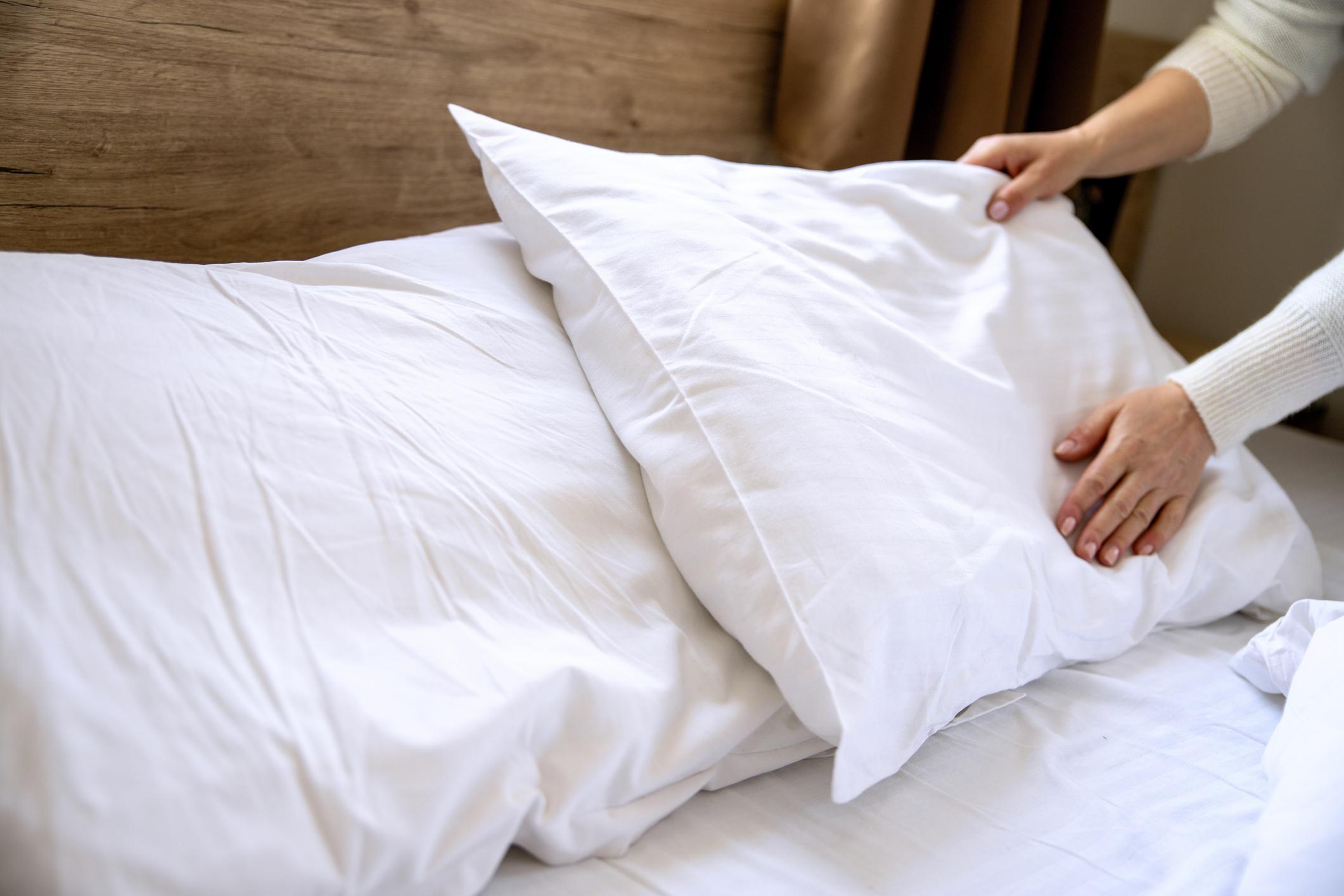A dermatologist reveals how often you should change your bed linen to limit the risk of rapid multiplication of bacteria and dust mites.

- In contact with the sheets, the dead cells of our skin are eliminated during the night.
- Sheets that are not changed regularly promote the proliferation of bacteria and dust mites.
- Washing your bed linen frequently reduces the risk of asthma and allergy attacks.
Changing your sheets regularly is a great habit that helps prevent skin problems like rashes and eczema. This hygiene measure also helps to avoid the risk of asthma and allergy attacks.
Dead skin cells accumulate in bed linen
As Dr. Alok Vij, dermatologist, explained to the Cleveland Clinic, various elements can lodge in our sheets. This is particularly the case of dead skin that naturally detaches from the body. “Any form of rubbing removes the outer layer of your skin cells (…) So much of the skin is removed when you are in contact with your sheets in your bed at night”noted the specialist.
When bed linen is not changed regularly, the accumulation of dead skin can promote the proliferation of bacteria in pillows, mattresses or sheets. Mites, tiny insects invisible to the naked eye, also feed on dead skin cells. They can be responsible for poor sleep, sore throat, nasal irritation, but above all, they can trigger an allergy to dust mites.
Once a week, every month… When should we wash our sheets?
According to Dr. Alok Vij, a person living alone and without animals can wash their bed linen at least every two weeks. However, different scenarios can lead you to change your sheets more regularly. In particular, the dermatologist recommended swapping dirty sheets with clean sheets every week if:
- You have pets sleeping in your bed;
- You live in an area where the temperatures are high;
- You tend to sweat a lot in your sleep;
- You have been sick for several days in a row;
- You suffer from allergies or asthma;
- You sleep naked.
















